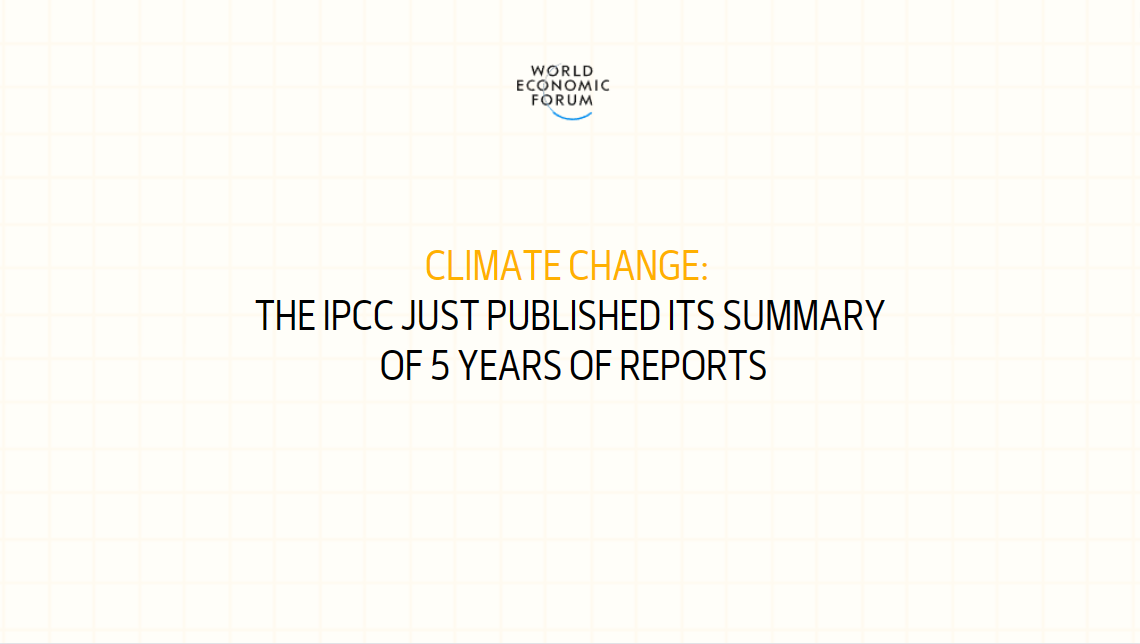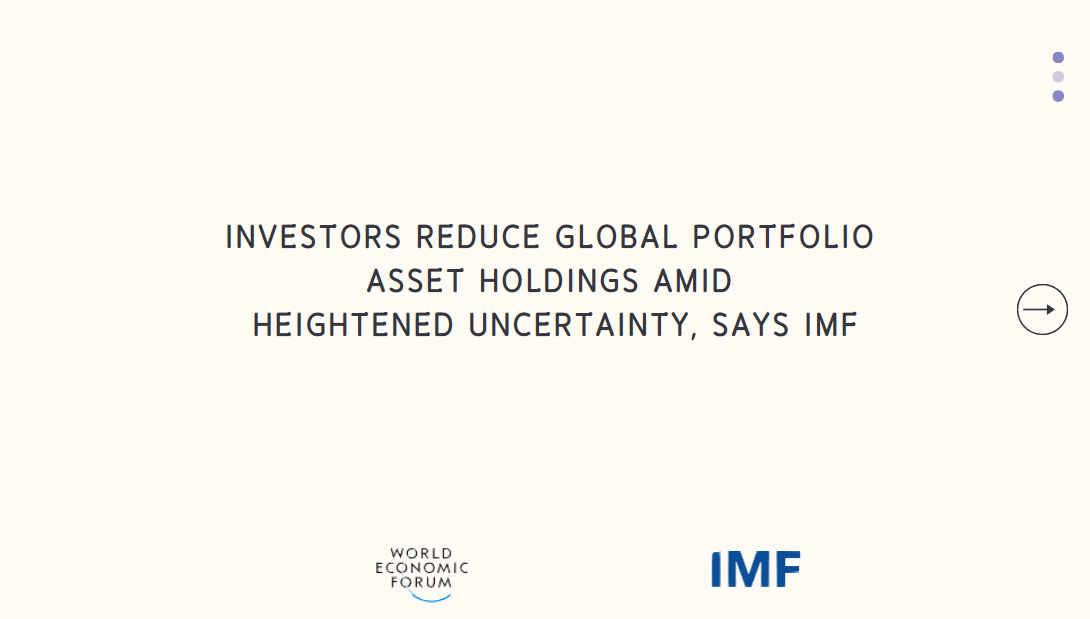Basel Committee to review recent market developments, advances work on climate-related financial risks, and reviews Basel Core Principles
- ♦Basel Committee to review recent bank and market developments.
- ♦Progresses work on developing a potential bank disclosure framework for climate-related financial risks.
- ♦Advances review of Core principles for effective banking supervision.
The Basel Committee on Banking Supervision met on 14 March virtually and on 22–23 March in Hong Kong SAR to take stock of recent market developments and risks to the global banking system and related vulnerabilities, and to discuss a range of policy and supervisory initiatives.
Risks and vulnerabilities to the global banking system
The Committee discussed the outlook for the global banking system in the light of recent economic and financial market developments.
Recent events have further highlighted the importance of a resilient global banking system underpinned by effective bank governance and risk management practices, robust regulatory standards, and strong supervision supported by proactive cross-border cooperation. Since the Great Financial Crisis, the Basel III reforms have helped the global banking system absorb different shocks and continue to lend to creditworthy households and businesses. Since 2011, banks' leverage ratio has increased from 3.5% to 6.5%, while their risk-based Common Equity Tier 1 ratio has improved from 7% to 13%. Their liquidity risk profile has also strengthened during this period, with banks' average Liquidity Coverage Ratio and Net Stable Funding Ratio standing at 140% and 125%, respectively.
The risks of high inflation, lower growth and geopolitical tensions are posing risk management challenges to banks. Years of unprecedentedly low interest rates underpinned the build-up of leverage across household and corporate sectors. As most central banks raise interest rates to combat inflation, borrowers are now facing sharply rising debt service burdens. A broad-based repricing in asset markets could also expose banks to additional risks.
Banks and supervisors must therefore be vigilant to the evolving outlook to ensure that the global banking system is resilient. The Committee will continue to closely monitor bank and market developments and assess the financial stability risks of higher interest rates to the global banking system.
In addition, the Committee agreed to take stock of the regulatory and supervisory implications stemming from recent events, with a view to learn lessons.
More generally, Committee members unanimously reaffirmed their expectation of implementing all aspects of the Basel III framework in a full and consistent manner, and as soon as possible, in order to further enhance the resilience of the global banking system and provide a regulatory level playing field for internationally active banks.
Climate-related financial risks
The Committee discussed its work related to the development of a Pillar 3 disclosure framework for climate-related financial risks. The purpose of the framework is to provide additional bank disclosures about the prudential risks. This framework would complement, and be interoperable with, parallel disclosure initiatives under way by the International Sustainability Standards Board and other authorities. The Committee will issue a consultation paper on the proposed framework by the end of this year.
Basel Core Principles
As noted in the Committee's work programme for 2023-24, the Committee is reviewing its Core principles for effective banking supervision ("Basel Core Principles"), drawing on supervisory insights and structural changes since the previous update in 2012.
Members took stock of the progress made to date with regard to reviewing both the structure and content of the Basel Core Principles. The Committee agreed to consult on revisions to the Basel Core Principles by mid-2023.
Cryptoassets
Following the publication of a prudential treatment for banks' exposures to cryptoassets last year, the Committee approved a workplan to continue to assess and mitigate risks from cryptoassets to the global banking system. This includes a set of targeted reviews of the prudential treatment, including with regard to the treatment of permissionless blockchains and the eligibility criteria for "Group 1" stablecoins. The Committee will also continue to monitor banks' cryptoasset activities and exposures, including their role as potential issuers of stablecoins and tokenised deposits, custodians of cryptoassets and interconnections with other nodes of the cryptoasset ecosystem.
Implementation of Basel III reforms
As part of its Regulatory Consistency Assessment Programme, the Committee reviewed and approved the assessment reports on South Africa's implementation of the Net Stable Funding Ratio and large exposures framework. The reports will be published in April.
International Conference of Banking Supervisors
The Committee also announced that the next International Conference of Banking Supervisors (ICBS) will be held in Basel on 24–25 April 2024, to coincide with the Committee's 50th anniversary. Additional information on the ICBS will be provided in due course.




















































First, please LoginComment After ~